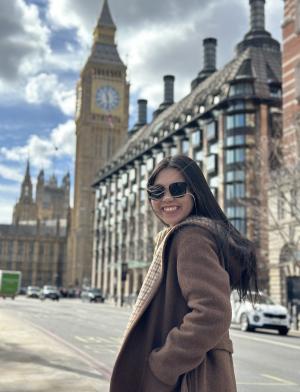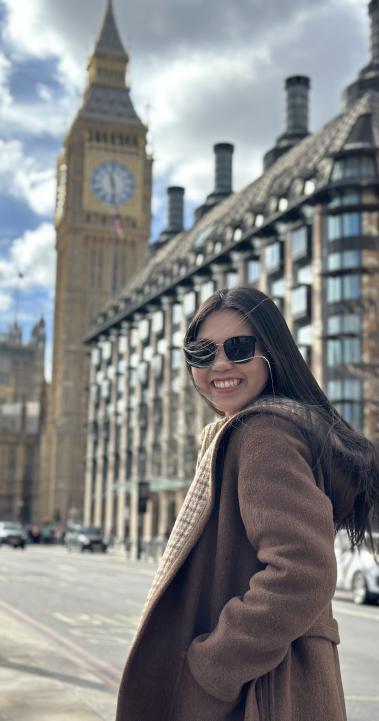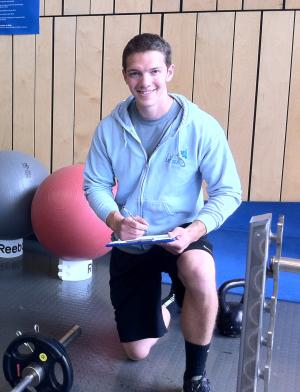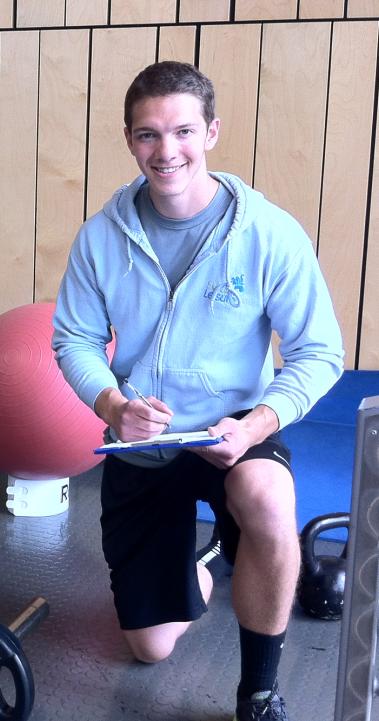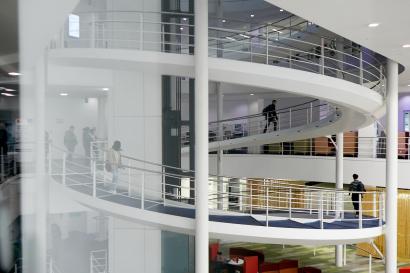Navigating London Full-Time Semester Internships
SAF Global Ambassador, Dawon Hwang, reflects on her experiences interning in London full-time for a semester. Dawon shares how she navigated the professional landscape in London with insights for future interns. Read on to learn how she turned challenges into career-building opportunities.
Why did you choose to do an internship in London?
DH: I always thought that I wanted to work in an international environment. In many ways, it’s not really easy to find opportunities to work abroad in Korea, so this program was a great way to get that experience. Of the four options for cities, I chose London because I thought that it would give me the most international working experience. I also chose London, an English-speaking city, because when I did an exchange program in France, a non-English-speaking country, I realized that being fluent in the language of the country is crucial to really understand their culture.

What type of work did you do during your internship?
DH: My main job was translation work. When I first started, we had a project that was going to start in Korea in about a month. However, no one in the company spoke Korean, so I was tasked with going through all the documents and translating them into Korean. So, I studied and translated all the data and everything related to the business that we would be presenting to the media companies. I learned a lot by asking my expert colleagues in the company a lot of questions.
What were the dorms like?
DH: My five flatmates, all Americans, and I each had a single room (including a bathroom) and we shared the kitchen. The staff members at the dorm were all very friendly and the security was very good.
I wasn’t able to get so close to my flatmates because my days were so busy. There weren’t that many students doing full-time internships like I was doing, and most of them were either visiting students attending a university in London and taking classes or doing part-time internships.

How did you spend your weekends?
DH: On the weekends, I usually spent my time exploring the city of London and hanging out with friends. By Sunday evening, I would get sad thinking I have to go back to work tomorrow, so I enjoyed my Saturdays as much as I could. As London is a very large city, there are many different neighborhoods you can visit. The UK in particular has a reputation for bad food, but since London is a very international city, it was easy to find food from all parts of the world. Everything was delicious, maybe minus the British restaurants.

How did you get along with IES staff and students?
DH: The staff at the Center were very helpful. They connected me to my internship, and I shared various concerns and impressions with them.
I wasn’t able to interact much with the IES students because I was so immersed in my work that I didn’t have much time to hang out. Still, I did get along with my flatmates as we were all considerate of each other.

What did you learn from your internship?
DH: The biggest thing I’ve learned since starting my internship is networking skills. Networking seems to be perceived as something that happens “naturally” in Korea. For example, if you graduate from Yonsei University, you believe that the people you graduated with will be your network. But here, I learned that it’s actually the connections you make --by jumping in with both feet and getting to know people actively, by having smooth conversations with them, and by being curious about one another -- that form your network.
This was also my biggest struggle at first. I was the youngest person at my company, and having been born and raised in Korea my entire life, I consistently perceived it as impolite to approach someone older, regardless of their race or anything like that, and bombard them with unasked-for information about me. But it was here that I learned that people wouldn’t want to get to know me if I didn’t do my own self-PR in the first place. Even though I was younger and didn’t have the professional background, I learned that it’s important to reach out to others, ask them what their career has been like, try to learn from them, and ask a lot of questions. Networking felt like homework for me right up until the day my internship ended, but I think I was able to get a lot of good experiences while I was there because I was diligent about grabbing coffee with people, talking to them, and making connections. I also think that listening to these people talk about their careers gave me a lot of ideas about where I want my career to be headed.
I think this is one of the reasons why I didn’t interact much with fellow students. I met up with one new person in my office every single day, and there wasn’t a day that went by that I didn’t do this. The company was pretty big. I think that the second half of 2023 was less about making personal connections, and more about making professional connections that would help me later in my career.

What would you like to say to future student interns?
DH: There was a period at the beginning of my time there when I was really nervous and struggling, because I felt like I was just a novice in the midst of all these honed experts, and I felt like I was simply a burden to the company. When I had an honest conversation with the engagement manager about how I felt, they told me that no one at the company expected me to be perfect and that if the company had needed someone like that, they would’ve just hired a consultant with a Cambridge MBA instead. They told me that instead, they hoped this would be an opportunity for me to learn and grow from the experience. They also told me that if I don’t know something, ask someone and make it the foundation of my career.
The role of an intern isn’t that big, so don’t put too much pressure on yourself. And I think that, since we’re going to be working for the rest of our lives, it’d be great for you to find out what values are important to each of you professionally. For example, I think it would be helpful for you to try and figure out your own professional preferences: whether you’re a work-life balance or a salary person, what kind of office environment you like, what kinds of people you want to work with, your work style, and where you want to work. That’s what I did.

